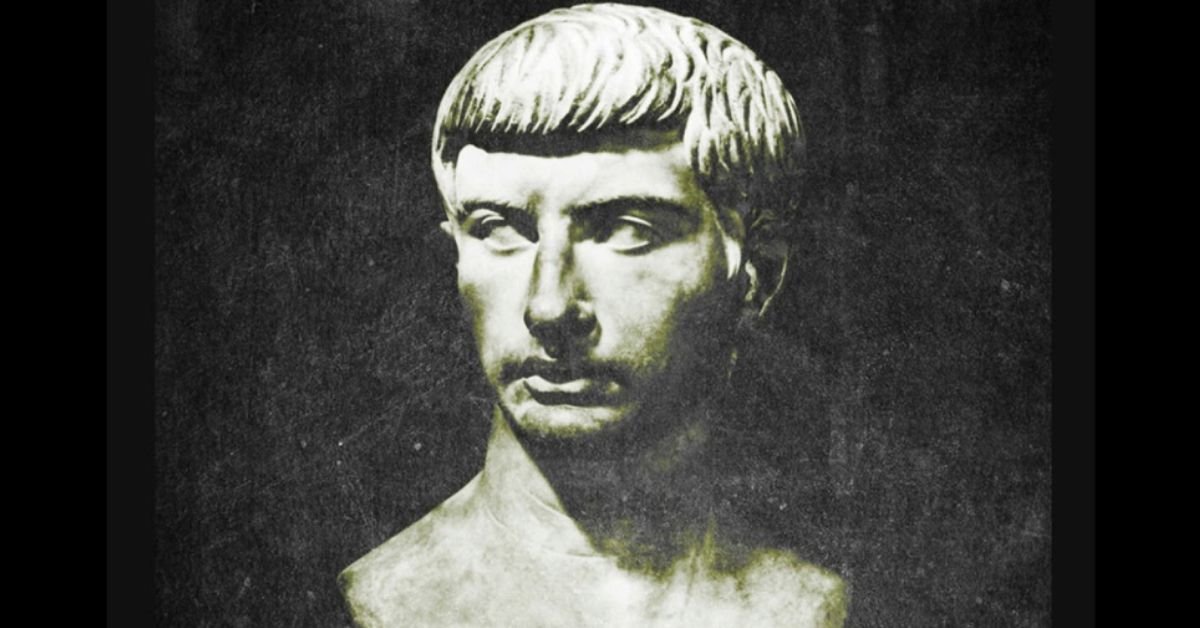Brútus: A Historical Analysis of His Role in Ancient Rome
Introduction to Brútus and His Significance
The name Brútus often evokes thoughts of betrayal and political intrigue, primarily due to his involvement in the assassination of Julius Caesar. However, Brútus‘ role in Ancient Rome is far more complex and multifaceted.
As a prominent Roman senator and philosopher, Brútus was not only a key figure in the fall of the Roman Republic but also a symbol of idealism and the struggle for liberty.
This article delves into Brútus‘ historical significance, analyzing his life, motivations, and the impact of his actions on Rome and beyond.
Early Life and Background of Brútus
Marcus Junius Brútus, commonly known as Brútus, was born in 85 BC to a noble Roman family with strong political connections. His early life was shaped by his family’s political affiliations and the turbulent state of Roman politics.
Raised by his mother, Servilia, a lover of Julius Caesar, Brútus had a complex upbringing that intertwined loyalty, ambition, and personal conflict.
Despite being initially aligned with Pompey, a rival of Caesar, Brútus switched allegiance to Caesar after the latter’s victory in the civil war. This change of loyalty was seen as both a strategic move and a testament to Caesar’s influence over him.
Yet, Brútus’ sense of duty to the Republic remained a driving force behind his actions.
Brútus and Julius Caesar: A Complex Relationship
The Personal Bond Between Brútus and Caesar
Brútus shared a close relationship with Julius Caesar, who considered him almost like a son. This bond made Brútus’ eventual betrayal even more shocking to the Roman public.
Despite their closeness, Brútus was torn between his loyalty to Caesar and his commitment to the Roman Republic’s ideals of freedom and democracy.
Brútus’ Political Ideals and Loyalty to Rome
Brútus staunch supporter of the Republic and feared that Caesar’s increasing power would lead to tyranny. He believed Rome should remain a republic governed by elected officials rather than a dictatorship. This ideological clash ultimately led Brútus to join the conspiracy against Caesar despite his affection for him.
The Conspiracy Against Caesar: Brútus’ Role
Reasons Behind the Assassination Plot
The assassination of Julius Caesar was orchestrated by a group of Roman senators who feared his growing influence and potential to become a dictator. Brútus, as one of the leading conspirators, justified his participation by claiming he was saving the Republic from tyranny.
He believed that Caesar’s death would restore Rome’s former glory and preserve the liberty of its citizens.
Brútus’ Influence on the Conspirators
Brútus’ involvement lent credibility to the conspiracy. His reputation as a noble and moral senator made him a symbol of honor and integrity. His participation convinced others to join the cause, believing that the assassination was an act of patriotism rather than personal ambition.
Consequences of Caesar’s Assassination
Public Reaction and Political Unrest
The aftermath of Caesar’s assassination did not unfold as the conspirators had hoped. Rome descended into anarchy after Caesar’s death rather than the Republic being restored.
Public opinion quickly turned against the conspirators, and Brútus, once considered a hero, was now seen as a traitor by many.
Brútus’ Downfall and Death
Brútus’ downfall came swiftly after the assassination. He was forced to flee Rome, and despite his efforts to rally support, he ultimately faced defeat in the Battle of Philippi in 42 BC. Cornered and outnumbered, Brútus chose to take his own life rather than be captured.
His death marked the end of the conspirators’ hopes of restoring the Republic.
Brútus in Literature and Popular Culture
Brútus’ legacy has been immortalized in literature, most notably in William Shakespeare’s play Julius Caesar. In the play, Brútus is portrayed as a tragic hero whose noble intentions are overshadowed by the brutal nature of his actions. His famous line, “Et tu, Brute?” uttered by Caesar, symbolizes the ultimate betrayal and has cemented Brútus’ image as a traitor in popular culture.
Beyond Shakespeare, Brútus has appeared in numerous works of art, movies, and books, often depicted as a conflicted character torn between his love for Caesar and his duty to Rome.
FAQs about Brútus
Q1: Why is Brútus considered a symbol of betrayal?
Brútus is considered a symbol of betrayal due to his participation in the assassination of Julius Caesar, who regarded him as a close friend and confidant. His involvement in the plot is often viewed as the ultimate act of betrayal.
Q2: Was Brútus a traitor, or was he acting for the good of Rome?
While Brútus is often labeled a traitor, some historians argue that his actions were motivated by a genuine desire to protect the Republic and prevent Caesar from becoming a tyrant. Whether he was a traitor or a patriot remains a topic of debate.
Q3: How did Brútus justify the assassination of Caesar?
Brútus justified the assassination by arguing that saving the Republic from tyranny was necessary. He claimed that Caesar’s ambition threatened Rome’s freedom and that his death was for the state’s greater good.
Q4: What happened to Brútus after Caesar’s assassination?
After Caesar’s assassination, Brútus faced backlash from the public and was eventually defeated in the Battle of Philippi. He committed suicide to avoid capture, marking the end of his political and military career.
Q5: How is Brútus depicted in Shakespeare’s Julius Caesar?
In Shakespeare’s Julius Caesar, Brútus is depicted as a noble yet tragic figure who joins the conspiracy out of a sense of duty to Rome. His internal struggle and ultimate downfall make him one of the most complex characters in the play.
Q6: What is Brútus’ legacy in modern times?
Brútus’ legacy is one of complexity and contradiction. He is remembered as a symbol of betrayal and an emblem of the struggle for liberty, depending on one’s perspective.
Conclusion
Brútus remains a controversial and enigmatic figure in Roman history. His role in the assassination of Julius Caesar and the subsequent collapse of the Roman Republic have made him a subject of fascination for centuries.
While often remembered as a betrayer, his motivations were rooted in a genuine concern for the Republic’s future. Whether he was a hero or a villain, Brútus’ impact on history is undeniable, and his story continues to be a powerful reminder of the complexities of political power and personal loyalty.
Latest Post!
- Sco Elcykel Styrebox Explained: Key Features and Benefits
- Tiathabrat: Redefining Streetwear with a Unique Edge
- Michael Schropp MPI: Leading the Evolution of Parallel Processing
- FairwayNomad: Elevate Your Golf Travel Game with This Unique Experience
- Kerîg: What You Need to Know
- Caden Crain: The Entrepreneur Redefining Modern Success












